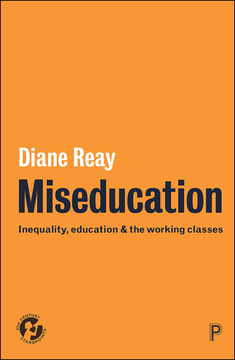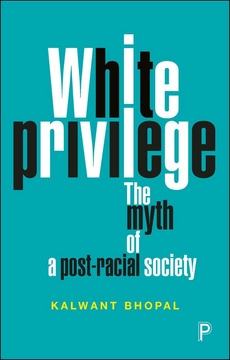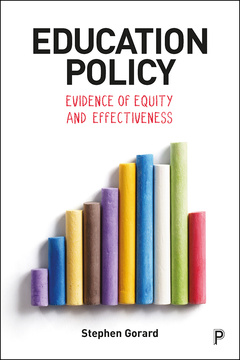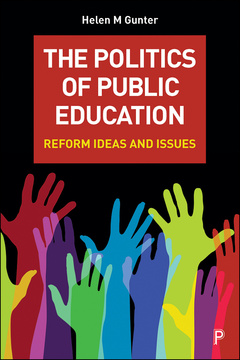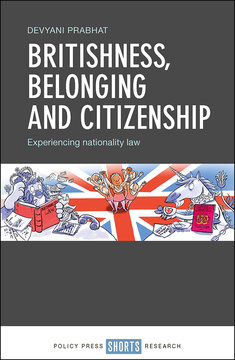Published
Jul 24, 2019Page count
128 pagesISBN
978-1447351955Dimensions
198 x 129 mmImprint
Policy PressPublished
Jul 24, 2019Page count
128 pagesISBN
978-1447351979Imprint
Policy PressPublished
Jul 24, 2019Page count
128 pagesISBN
978-1447351979Imprint
Policy PressThe Government has named the ‘fundamental British values’ (FBV) as democracy, the rule of law, individual liberty, and mutual respect and tolerance of those with different faiths. Since 2014, teachers in England have been required to promote these values in schools to all pupils. What are the implications of this for teachers, pupils and the rest of us?
Discussing a broad mix of issues – citizenship, diversity, social class, ethnicity, religion, counter-extremism, affect, and community cohesion – this book discusses the political, social, cultural and educational contexts in which teachers are promoting these values.
Drawing on observations of teaching, as well as teachers’ views and experiences, it analyses how teachers make sense of the mandatory promotion of FBV, and what ideas of citizenship and identity they offer to their pupils.
"By asking how schools are conveying fundamental British values, Vincent explores the vexed and emotive space between xenophobia and xenophilia, with cutting edge theory and thoughtful empirical analysis. This is very much a book for the times." Catherine Doherty, University of Glasgow
Carol Vincent is Professor of Sociology of Education at the Institute of Education, University College London.
Introduction: the promotion of fundamental British values
‘Managing’ diversity: policy and practice
Citizenship, identity and belonging
Researching the promotion of fundamental British values in schools
Promoting British values in schools
Morality, controversy and emotion in schools
Conclusion: citizenship, values and belonging










